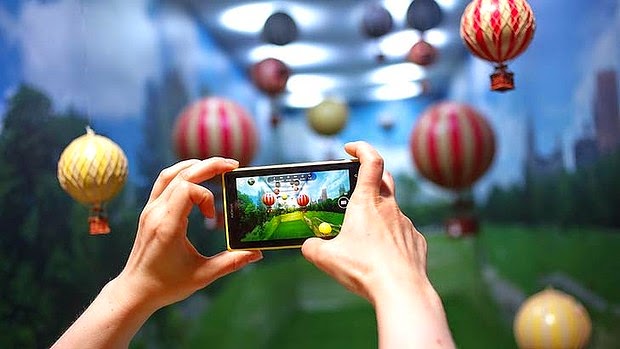Imagine this scenario: You've discovered a pot of gold at
the end of your driveway and can now afford your dream trip. You plan to visit
Canada, Scandinavia, China, Saudi Arabia, Argentina and New Zealand.
Question: Which will you need to pack more of
- shoes or adapters?
Answer: Shoes. You can't scale the Great
Wall in your tango heels, but you can use one plug in all those destinations.
The world's outlets have basically remained unchanged since
Homo sapiens first flipped the switch over a century ago. Socket meets plug;
they hook up and create a spark. Travellers, meanwhile, have evolved. We no
longer traipse around the globe weighted down by multiple adapters and
converters. We have flown the nest of cords and plastic bits.
The first accessory to
go: the converter.
Previously, travellers needed a converter to synchronise their single-voltage
Made in America item (hair dryer, curling iron, etc.) with the foreign
country's high-wattage outlet. Without it, prepare for a potential meltdown.
Today, most smart-gadgets and beauty products are dual-voltage and can handle a
range of current strengths.
"Almost all gadgets now run on 110-220 volts and can
adapt to different kinds of voltage," said Sascha Segan, PCMag.com's lead
mobile analyst, by e-mail from Seoul. "You can easily buy travel haircare
devices that work on both voltages."
How do you know whether you need a converter? Check the
manufacturer's label. If the tag has a single voltage number (110 or 120
volts), you do; if you see a combined low/high number (120/240 volts or 100/240
volts) or digits of 200 or higher, you don't.
Unlike the converter, the adapter is essential, regardless of
the device. The plastic nub bridges the design divide between the US plug and
the foreign socket. With it, you can use your three-pronged hair straightener
in a two-holed outlet. Without it, you are stuck with curly hair in Paris or
Bangkok.
Adapters are sold in myriad forms. You can purchase singlets
for a specific country (Italy, Switzerland, the United Kingdom) or a
multi-destination model. The superhero of adapters is the four-in-one, a
quartet of plugs that accommodates outlets in North America, continental
Europe, the United Kingdom and the South Pacific/Australia. It covers about 150
countries, including some former colonial nations, such as Hong Kong, Zambia
and Kenya, where the UK outlet still reigns.
"India has a mix of European and South African plugs,
and China has a mix of European, US and Australian," said Segan. "But
most Chinese sockets take American plugs, and most Indian sockets take European
plugs."
The mega-adapter is a staple for such peripatetic travellers
as Lee Abbamonte, who claims to be the youngest American (35 years old) to have
visited every country in the world. Abbamonte always packs a universal adapter,
but he warns of outliers. South Africa, for one, features a socket shape not
found elsewhere on the map. (For a list, check Magellan's online Guide to World
Electrical Connections.)
For the greatest outlet possibilities, consider purchasing a
wider world set. Magellan's sells a drawstring pouch filled with 13 adapters.
Apple's World Travel Adapter Kit includes a USB power adapter, a USB cable
connector and six plugs suited for North America, Japan, China, the United
Kingdom, continental Europe, Korea, Australia and Hong Kong.
Adventurers who travel with a small arsenal of gadgets or
rely heavily on their devices pack supplemental power-source boosters.
Abbamonte's security blanket is the Mophie, a rechargeable battery case that
extends a device's unplugged life by many hours. Segan relies on a USB backup
battery and Powerstick's PowerTrip, a charger that can draw energy from a wall
socket, a USB port and the sun (via solar panels). To charge several gadgets
simultaneously, he throws into his luggage a Wonpro universal power strip that
comes with detachable cords tipped with different adapters.
"Hotel rooms often don't have enough outlets for the
gadgets I carry, or the outlets aren't in convenient places," he said.
"The ability to suddenly summon six outlets at once, and to mix US and
foreign gadgets on the same strip, is invaluable."
Of course, even the most alpha traveller can find herself in
a jam, with a dormant gadget and no juicer to revive it. If this happens,
simply inquire at the hotel front desk. Many international properties keep a
small pile of adapters and chargers that past American guests forgot to take
home.


No comments:
Post a Comment